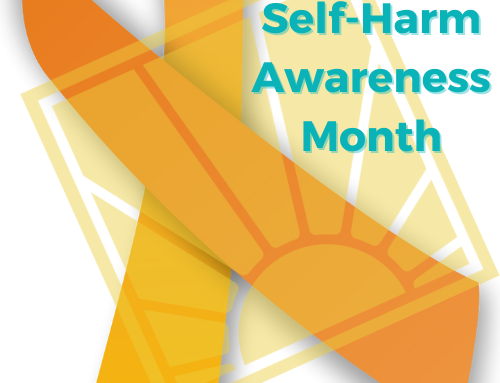It’s incredibly difficult for many parents to view their teenage child as sexually active or even sexually interested- even when the child is, in fact, sexually promiscuous. This denial of uncomfortable reality allows parents to retain an innocent view of their own child while placing full sexual responsibility on their child’s peers. This approach to parenting ultimately impedes a parent’s ability to constructively influence their child’s sexual choices, since it is founded on fantasy. When these parents are finally forced to reckon with their child’s sexual promiscuity, they may react strongly. Many respond to this unwelcome discovery by engaging in punishing or controlling strategies- strategies that may actually increase, rather than decrease, the teen’s sexual behavior.
A study conducted by researchers at Boston University indicates that an overly controlling reaction to teenage sexuality may actually precipitate more, not less, sexual activity. The study also suggests that a generally controlling parenting style may be correlated with increased teen sexual activity. Sexual promiscuity not only puts teens at greater risk for STDs and pregnancy, but it’s also correlated with alcohol and recreational drugs abuse among teens.
So while sexual promiscuity can create serious hazards for teens, the solution does not seem to lie in ratcheting up parental control. Rather, studies suggest that increased parental engagement and support may be the key. Along with being honest about the awkward fact of your teen’s sexual maturation and personal sexual responsibility, parents do well to engage in a parenting style that emphasizes two-way communication (with a parental emphasis on listening); fun, low intensity time together; a conversational style that is supportive and curious rather than judging; and attempts to influence rather than control.


